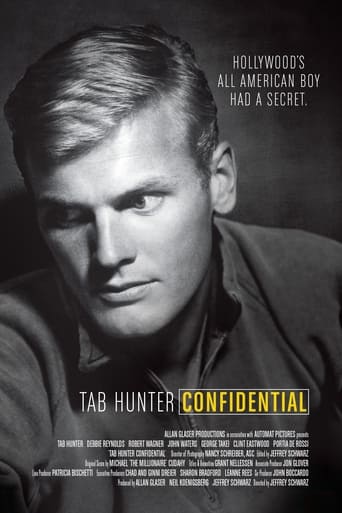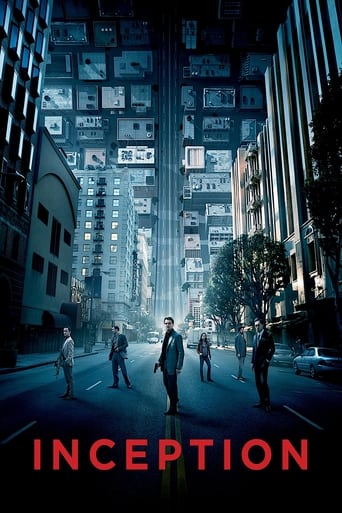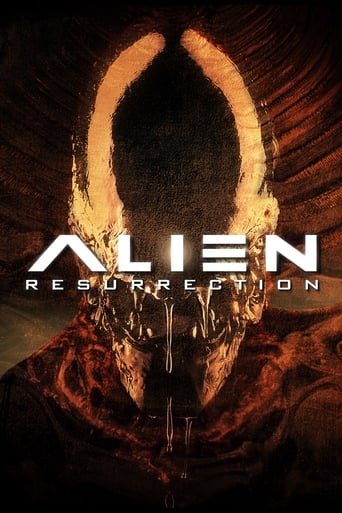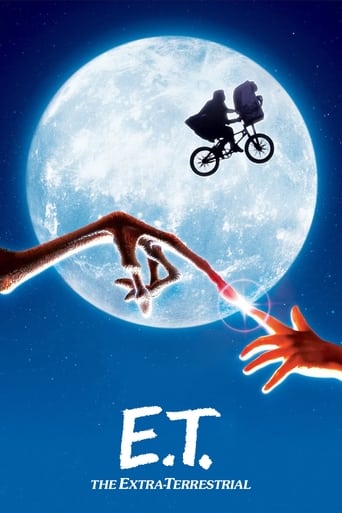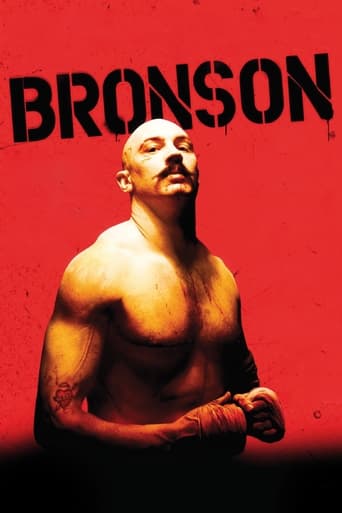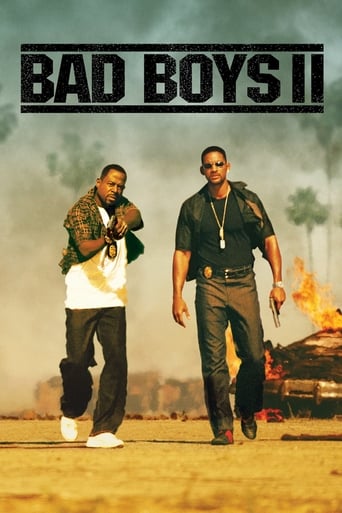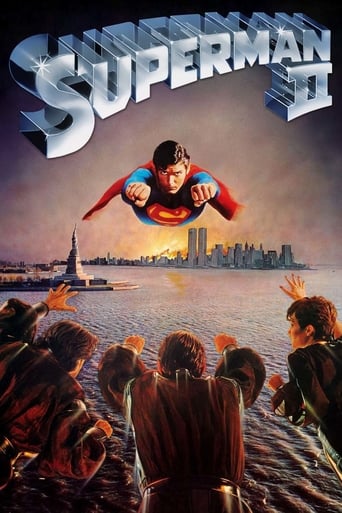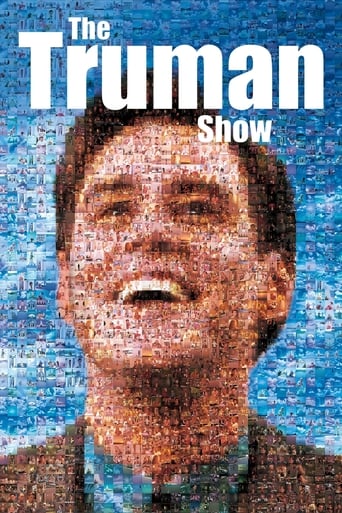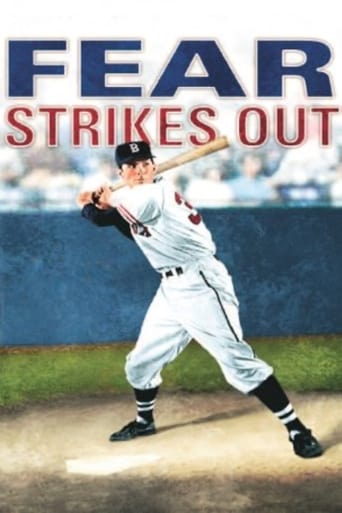


Fear Strikes Out
True story of the life of Jimmy Piersall, who battled mental illness to achieve stardom in major league baseball.
-
- Cast:
- Anthony Perkins , Karl Malden , Norma Moore , Adam Williams , Perry Wilson , Peter J. Votrian , Richard Bull


Similar titles
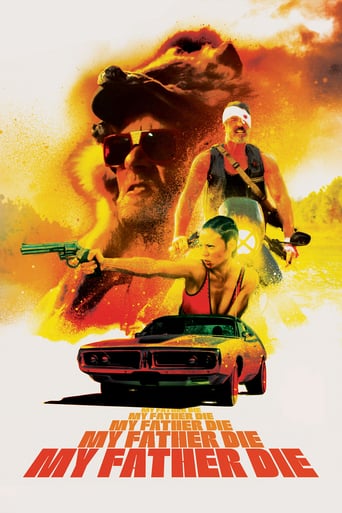
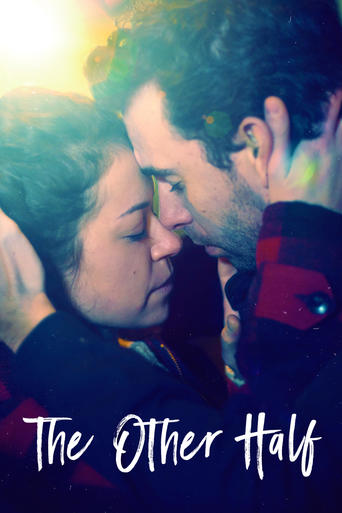
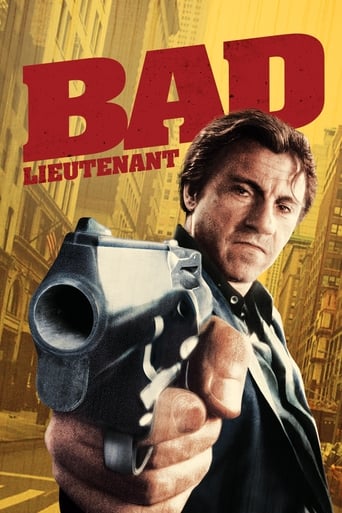
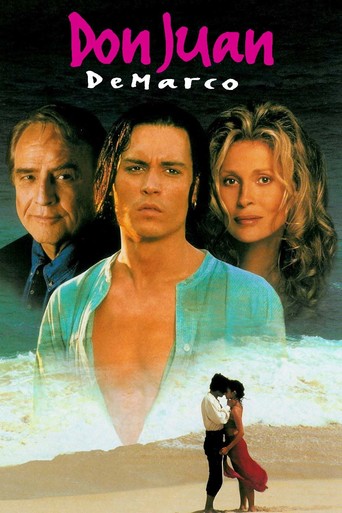
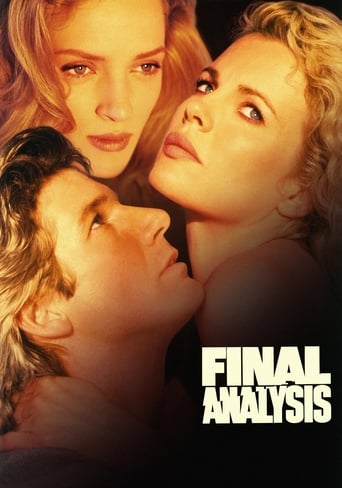
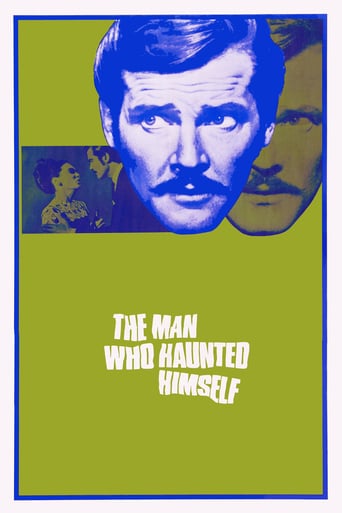
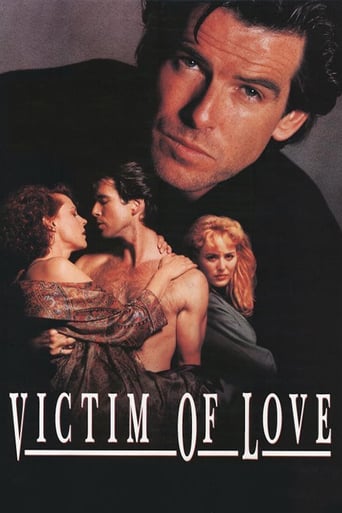

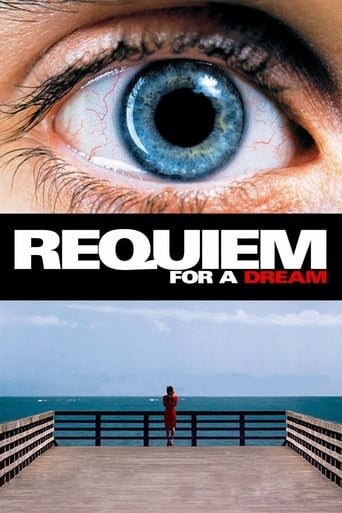

Reviews
Powerful
Overrated
It is a performances centric movie
While it doesn't offer any answers, it both thrills and makes you think.
Producer Alan J. Pakula and director Robert Mulligan fare well in this early effort that tells the real-life story of baseball star Jimmy Piersall. Starting in his childhood, Jimmy is relentlessly prodded by his loving but pushy father John in the pursuit of success as a major leaguer. Unfortunately, all this prodding has made Jimmy a nervous wreck. He acts out on the field, ultimately having a meltdown and requiring a stay in a mental institution.The compelling material is sensitively handled by Mulligan, Pakula, and the two stars, young Anthony Perkins (playing Jimmy) and Karl Malden (playing John). Perkins, in what was surely good training ground for his later Norman Bates performance, is appealing. You feel for this character and want to see him not only succeed as a ballplayer but be able to exorcise his demons. The supporting performances are decent, from Norma Moore as Jimmy's wife Mary, Perry Wilson as his mother, and Adam Williams as the caring psychiatrist Dr. Brown. But this film truly belongs to Malden. Commendably, his John Piersall may not be the most understanding or sympathetic father in the world, but we can see that he just wants what he feels is best for his son.There really isn't much baseball action in "Fear Strikes Out", as the film concentrates on the drama taking place off the playing field. Both Elmer Bernsteins' music score and the cinematography by Haskell B. Boggs aid greatly in creation of the mood. The filmmaking is very straightforward and to the point, letting the script and the acting ultimately do the really heavy lifting.Worth seeing, although it may have more value for people who aren't baseball fans; those who are take issue with the lack of prowess that Perkins displays.Eight out of 10.
Adaptation of Jim Piersall's memoir about growing up with an insensitive father, a tirelessly ambitious man with baseball dreams for his talented son--and impossible to please even after his kid is recruited as shortstop for the Boston Red Sox. Piersall's eventual nervous breakdown is mounted in careful yet somehow manufactured terms (when the pressured kid decides to go ice-skating instead of returning home, one can almost comically sense the clouds of doom forming for the next scene), and the "meet cute" with his future wife (possibly the most patient woman alive) is also by-the-numbers. Anthony Perkins does very well as Piersall, although the ludicrousness of Jimmy's behavior--defending his father while resting at "State Hospital"--isn't presented with any irony, and Perkins is too keyed-up to make a success of his showier scenes. As the pushy father, Karl Malden is also good but has a different problem: the character, completely stubborn and unsympathetic, doesn't seem to learn anything, even by the finale (this is partly the director's fault, who hastens to show the father's progress). This tasteful treatment plays very much like a padded "Playhouse 90" TV melodrama (one with baseball park stock-shots), and Jimmy's psychoanalysis is laid out in such generic terms that he may as well have been suffering from migraines. Still, some good dramatic moments ultimately make the picture a worthwhile one, even though it's too workman-like and without any quirky or personal touches. **1/2 from ****
Even though I have noted this to be a spoiler review, I will mark the few spoilers within the comment.In reality, Jimmy Piersall was a gifted outfielder who battled bipolar disorder throughout his life, especially during his playing days in a time when lithium had not yet been discovered as a drug treatment for the disorder. (If anyone wonders, that treatment began in 1958.) That's not the character the film portrays. Instead, this Jim Piersall (Who is oddly never called "Jimmy," considering that he is almost exclusively known as "Jimmy" in reality.) is a kid (presumably only 23 years old at the film's close, based on his real-life history) pushed too hard, too far, and too fast by his father, resulting in a mental breakdown that requires him to face his true feelings about his father. However, as long as one does not expect to see the lifelong bipolar disorder struggle portrayed, this film does easily merit the viewing.The easiest part of the film to appreciate is the excellent acting, especially by the always-excellent Anthony Perkins. Perkins manages to convey such varying emotions and degrees of emotion that it boggles the mind. He ranges everywhere from an insane anger to a subtle feeling of pain hidden under a look of beaming happiness and does so with a dexterity rarely found in any actor. Karl Malden also deserves some credit for an excellent performance as the driving, overbearing-but-loving father. He never needs any dialogue to tell us how he feels about his son or why he pushes Jim the way he does, because his face tells it all. No other characters in the film really gave the actor the opportunity to show tremendous ability.However, the direction is also excellent. Robert Mulligan reinforces his film's themes with constant images showing Jim behind or between bars, as though he is trapped in his path (until of course the mental hospital, where such visual entrapment never occurs). He even goes so far as to show John Piersall handing his son a letter saying that scouts from the Boston Red Sox are coming to town to see him, a scene that would seem to bring the two together as they have nearly accomplished their shared goal, with a fence separating them. The scene is one of the most poignant in all of film history. Even the ending of the film is shot with a particular eye to detail that rewards the careful viewer.*Note: This paragraph is about hints from close viewing, so there are some small spoilers. None should hinder enjoyment of the film, but one should be warned.* There are also a number of subtle hints that seem to suggest that Piersall's problem is more than a temporary breakdown. First of all, his father at one point tells his mother, "I don't want you going away again," suggesting that perhaps she has the same issues Jim does. Secondly, the conclusion of the film is ambiguous, showing a beaming Jim Piersall headed onto the field of play bathed in a heroic, heavenly bright overhead light, but doing so from such a distance as to suggest that perhaps this ending isn't assured. These elements may have been to suggest the bipolar disorder from which Piersall actually suffered while presenting his case as it would have appeared at the time it occurred. The original Diagnostic and Statistical Manual of Mental Disorders appeared in 1952, so certainly bipolar disorder's existence was already established (and the term was coined around the turn of the century, by Emil Kreiplin if memory serves) and could have been incorporated into the film. It's an interesting close viewing element of the film, at least. *Spoilers over* Overall, "Fear Strikes Out" may have been something of a distortion of reality (and obviously Jimmy Piersall himself thought so) and it probably oversimplifies Piersall's psychological problems, but it does tell its own story beautifully and artfully with incredible performances and spot-on direction. The only real issue I have with the film is the score, which was so over-dramatic as to undercut the real emotion of the film. It is definitely recommended.
Astonishing how obsessive some people can get when it comes to their favourite sports. Thankfully in Europe baseball is hardly known, which allows us to get beyond appearances and enjoy one of the most honest, emotionally raw acting ever recorded on film. This is one of Anthony Perkins' best performances ever - the fact that it was only his third movie makes it even more amazing, but obviously Academy voters in that year had too much baseball in their minds to appreciate such a wonderful, unique actor. The first time I saw this film I was a 9 year old with some father issues. This film was a huge shock and got me interested in psychotherapy at a very early age. Many scenes stayed embedded in my mind for years: Tony in the baseball field alone at night, his breakdown in the field, his fear of his father when he has an accident, all his exchanges with his father.... It's not just a tremendous acting turn, though. It's a beautiful, mature, realistic movie, the kind they used to make at that time in Hollywood (influenced by TV drama and Italian neo-realism) and they seemed to have forgotten how to make in this Lords of the Star Wars of Narnia age of childish entertainment. It could be used as an exhibit in the case for the regression to childhood of the American consciousness. I've read Tab Hunter's enormously entertaining book - which I recommend to any lover of Hollywood's golden age - and even he admits he couldn't have made a better job than Tony did. Once in a while the right part goes to the actor who deserves it most. Fear Strikes Out is a true classic and Anthony Perkins' acting is a masterclass of the first order, with as much fire and urgency as anything by Brando and Dean. In fact, as a film director, I'm showing this film to the young leading man in my next movie as reference and inspiration. Wish me luck!

